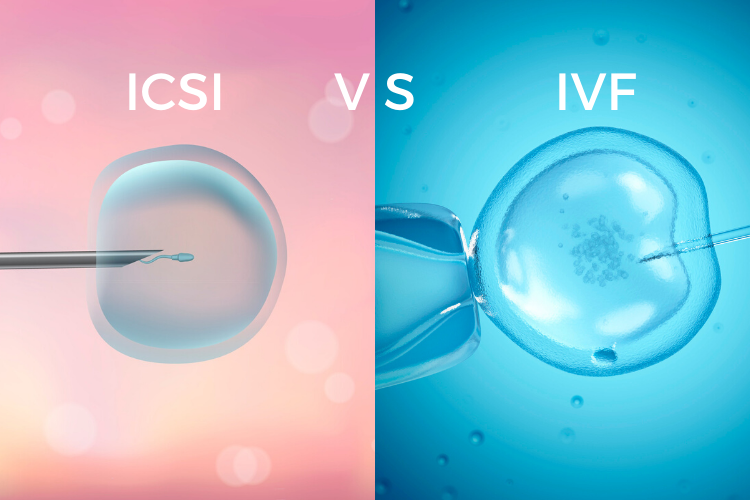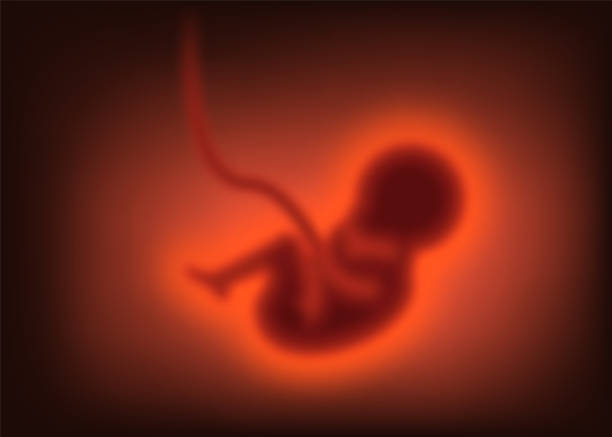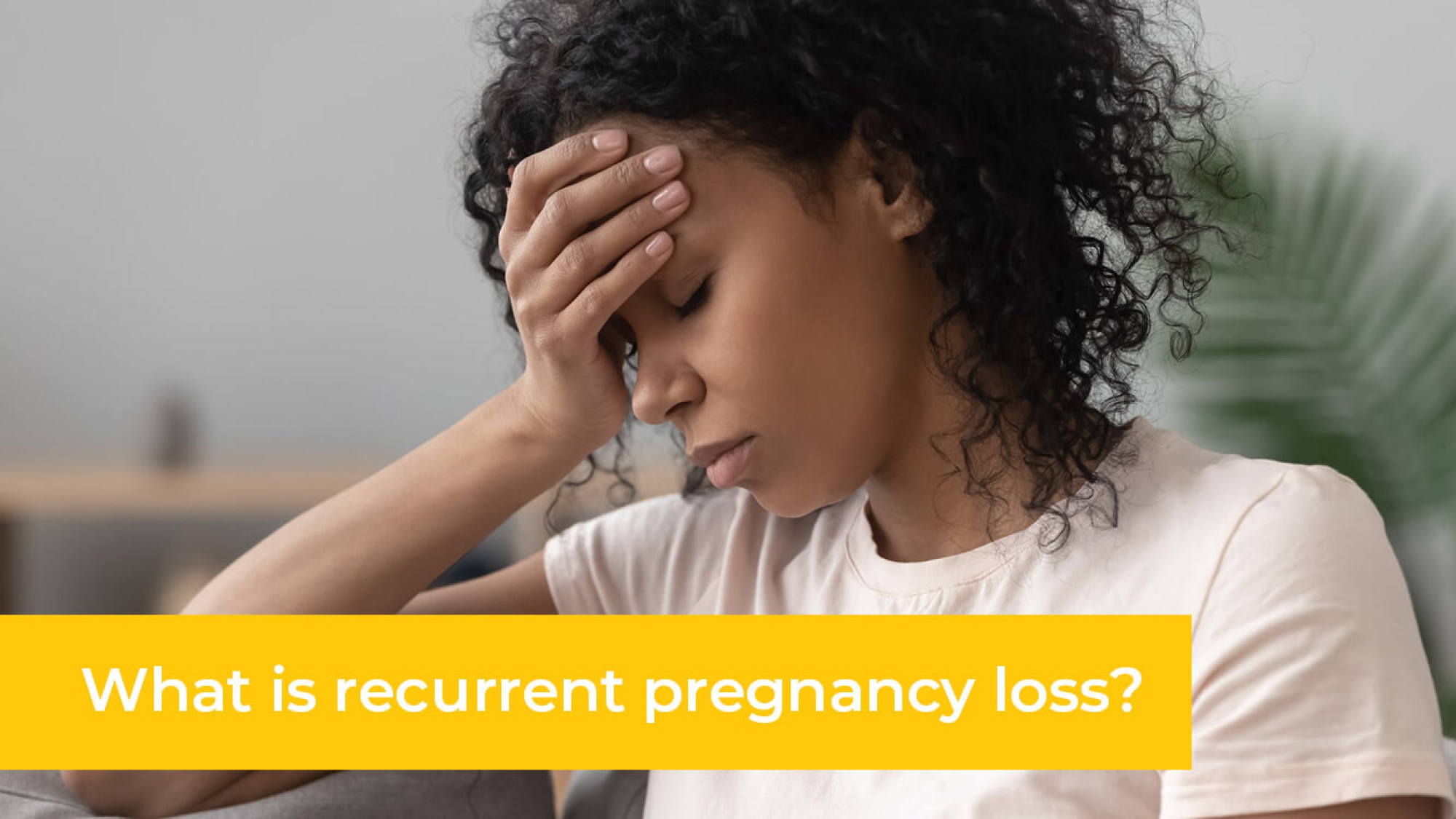
Demystifying Fertility: Understanding IVF vs. ICSI
Trying to conceive but facing challenges? In vitro fertilization (IVF) offers a beacon of hope for many couples experiencing infertility. But within the realm of IVF lies another technique – intracytoplasmic sperm injection (ICSI). While both aim to achieve pregnancy outside the body, they differ in their approach. Let’s delve into the world of IVF vs. ICSI and understand which one might be right for you.
Read This : New Law Article



Imagine a scenario where eggs and sperm meet naturally, just like they would during conception. That’s the essence of traditional IVF. Mature eggs are retrieved from the woman’s ovaries and placed in a special dish alongside healthy sperm from the male partner. Here, fertilization ideally occurs on its own. After a few days, the most viable embryos are selected and transferred back into the woman’s uterus for implantation.
ICSI: A Helping Hand for Sperm
ICSI is a more specialized technique used in conjunction with IVF. It’s particularly helpful when there are concerns about sperm quality or quantity. Here’s what happens: a single, healthy sperm is meticulously injected directly into the cytoplasm (the inner part) of an egg using a microscopic needle. This bypasses the natural fertilization process and significantly increases the chances of fertilization.
Who Needs What?
The choice between IVF and ICSI depends on the specific cause of infertility. Here’s a general guideline:
- IVF: This is often the first-line treatment for unexplained infertility, female factor infertility (like ovulation issues), or mild male factor infertility.
- ICSI: When sperm motility (movement) is poor, sperm count is very low, or there’s a blockage preventing sperm from reaching the egg, ICSI becomes the preferred option. It’s also used in cases of previous failed IVF cycles or when using frozen sperm.
Benefits of Both Techniques
Both IVF and ICSI offer significant benefits for couples struggling to conceive:
- Increased chances of pregnancy: Compared to natural conception, both methods offer a higher likelihood of achieving a successful pregnancy.
- Improved embryo selection: Both processes allow for careful monitoring and selection of the healthiest embryos for transfer, potentially leading to higher implantation rates.
- Addressing infertility challenges: They overcome various fertility issues, giving couples a chance to build a family.
The Next Steps
If you’re considering IVF or ICSI, consulting a qualified fertility specialist is crucial. They’ll assess your individual situation, determine the underlying cause(s) of infertility, and recommend the most suitable treatment approach. Remember, both IVF and ICSI are highly successful techniques, and with the right guidance and support, you can embark on a hopeful journey towards parenthood.








